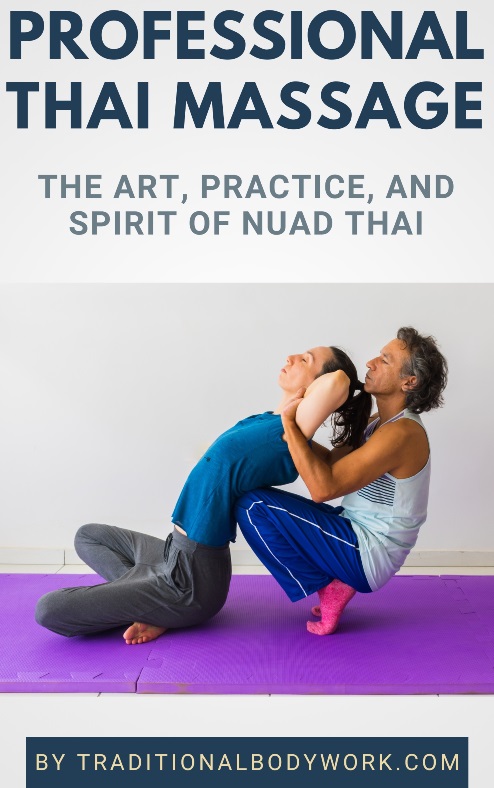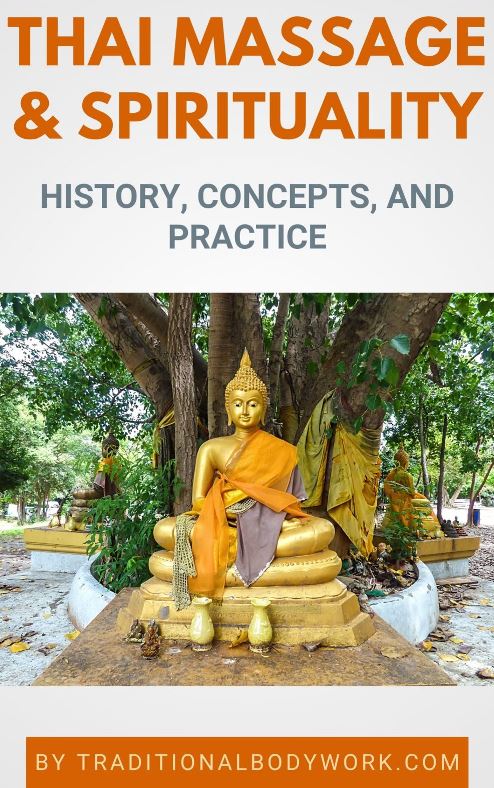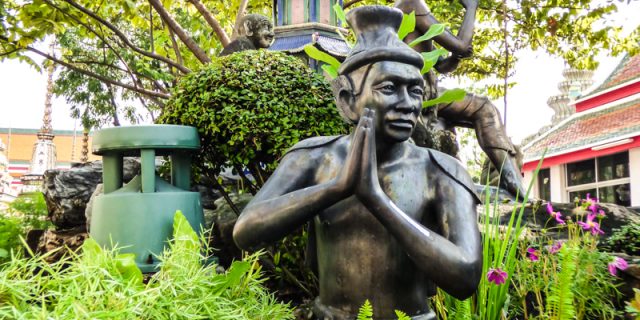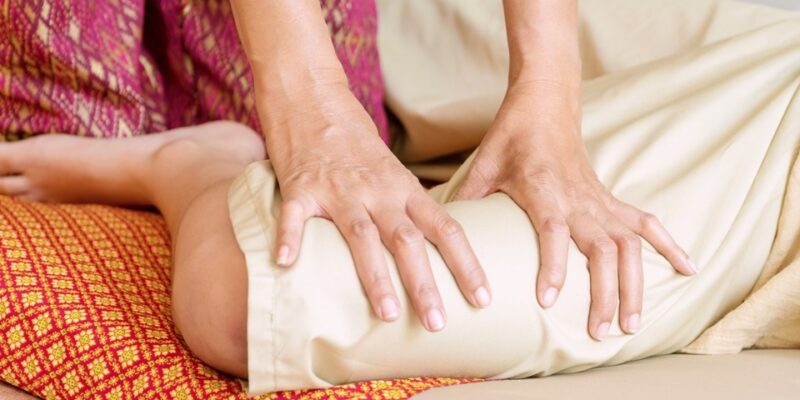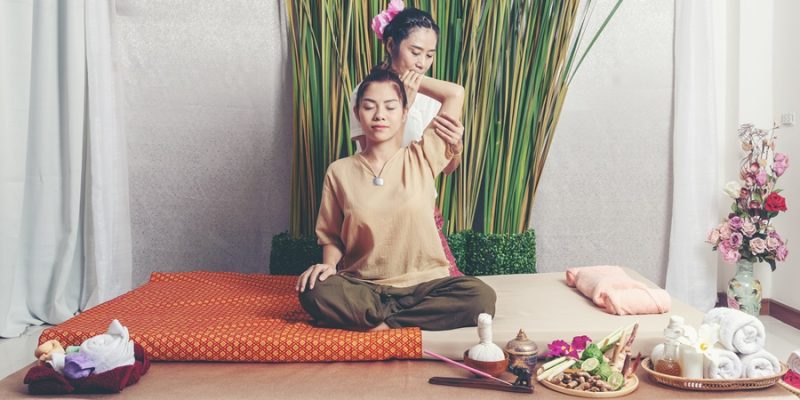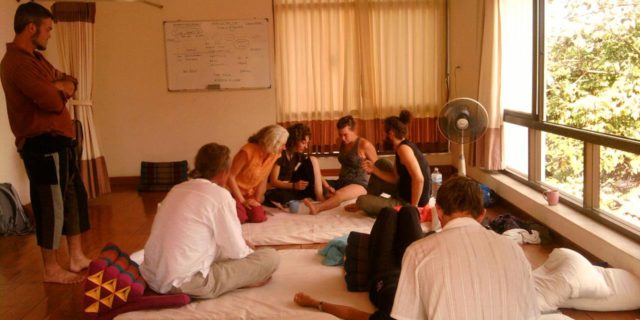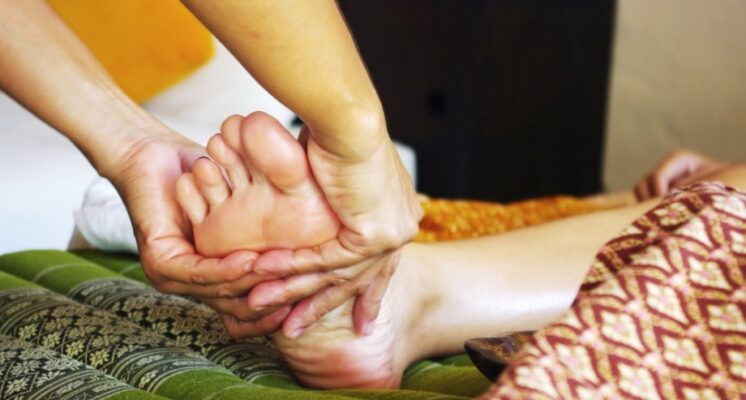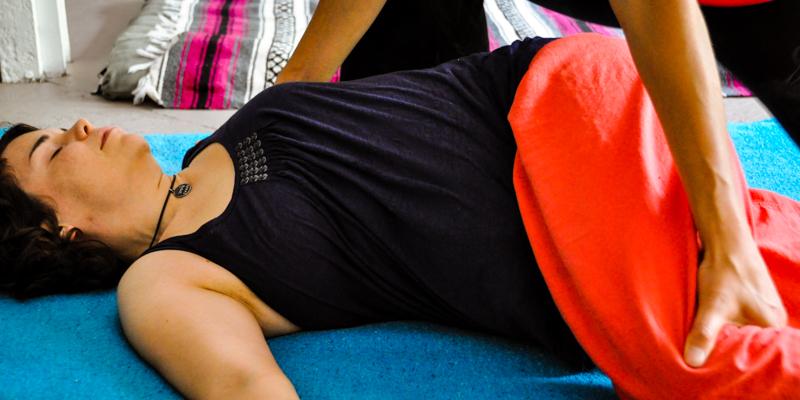
If I’d ask you why people take Thai Massage classes in Thailand you will most likely respond with something like: “Because they want to learn and practice Thai Massage!” And… you are right, but this applies only to some of the students.
Actually, my experience is that those who enroll for a Thai Massage course can be divided up in two distinct groups: those who really want to learn and practice Thai massage and those who don’t necessarily want to learn and/or practice the art.
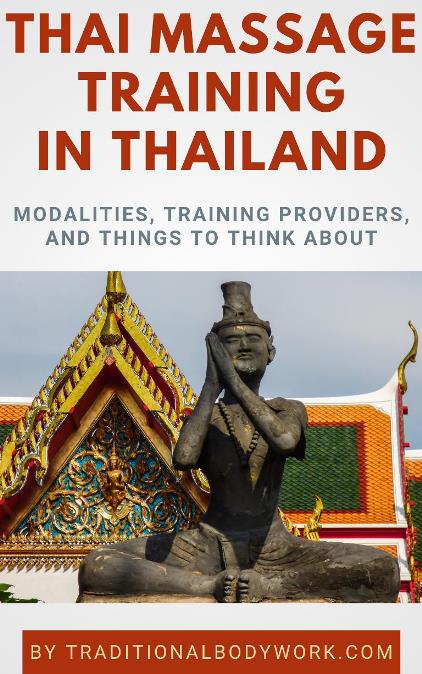
Understanding well why people take Thai Massage classes is of importance for both students and teachers of Thai Massage — it determines the way one experiences the class or course and subsequently how one values or appreciate the (received or given) training. It’s all about expectations.
Especially for Thai Massage teachers it’s important to be aware of student group dynamics in order to handle classroom management well. Apart from knowing well what you teach, being a skillful instructor also implies being diplomatic, cautious, and attentive to individual student’s and group’s needs and expectations.
Note: much that is mentioned below also counts for Thai massage training taken outside of Thailand in student’s home countries. Moreover, much applies foremost for Thai Massage Beginner/Foundation Courses (in Advanced Classes we are more prone to meet people who are really interested in learning Thai Massage).
Okay, let’s go take a look at the various types of learners.
The Tourist and the Cultural Experience
Among those who visit Thailand there’s a number of people who would like to do “a cultural activity,” learning more in-depth about the Thai people and traditions and Thailand. That can be anything from taking a Thai Cooking class, or a Muay Thai (Thai Boxing) training, to learning the Thai Language, and so on. Of course, taking a Thai Massage course ranks very high. Thai Massage is just very famous abroad and seen as something “really Thai.”
Now, those students, and I would say it’s a substantial part of the Thai Massage course groups in Thailand, basically participate in the class “for fun.” If you are a serious Thai Massage student, you need to be prepared for this (as does the teacher), because it means there’s a risk of an atmosphere too much of play, fun and babbling instead of really learning to do Thai Massage properly. Surely, this basically counts only for so-called Beginner Classes, but then again, those are the most abundantly available.
The Friend who Joins
Another kind of student I see participating in Thai Massage training is the so-called “Friend who Joins.” We often see couples (partners, friends, or acquaintances) enrolling for a course together, simply because one asked the other to come with them. This mostly is because someone doesn’t want to go alone, hesitates a bit, finds it a bit scary, and wants someone with them to feel more at ease in the classes.
Now, from the “friend who joins” we can expect anything: from boredom, enthusiasm, disinterest, active participation, and what not. It’s something other students and teachers need to be aware of.
Those who Want to Socialize
Some people join a group course because they feel lonely, want to make friends, need to be touched or need to touch another human being. This has nothing to do with “perversion,” but with genuine human needs.
It doesn’t mean they will not like Thai Massage or will go practicing it, but it’s good to know that this can be a motivation to enroll for a training course.
The Curious Student
There are people who enroll after having heard about Thai Massage or got curious after having received a treatment session. Maybe also, they want to make a career change, getting out of too much “mind work” and just want to see if “body work” is something suitable for them.
These student can get bored quite easily if they find it’s nothing for them or don’t find the training course interesting, but on the other hand it can also turn out to be the discovery of a lifetime for them.
Studying in Thailand – Back to the Roots
Some students (both newbies and experienced therapists) go to Thailand deliberately because they feel or think they should study Thai Massage in the country where this healing art originated. This can be out of genuine curiosity and interest, but it may also be to gain more (professional) credibility in their home countries, might it be as a practitioner or as a teacher.
The Experienced Thai Massage Practitioner

The experienced Thai Massage practitioner is aware of the fact that learning Thai Massage never stops. There are so many Thai Massage schools and a variety of styles out there, and different teachers with different specialties — there’s always more to learn, more to experience.
These students also know that a so-called “Beginner Course” is not necessarily a beginner course — every school or instructor teaches differently, other techniques, has another other emphasis, different approach, and so on. They are there to learn more. It’s why you could encounter highly experienced Thai Massage therapists in so-called “Beginner Groups.”
They can be of valuable help to other students or even to the teacher who can learn from them, but sometimes, they can be annoying also if they like to profile themselves as “I-know-it-all-seen-that-done-that.”
The Experienced Massage Therapist or Bodyworker
We also encounter massage and bodywork practitioners who haven’t studied Thai Massage before, but are proficient with other complementary or alternative massage and bodywork modalities. These students may be Osteopaths, Swedish Massage practitioners, Physiotherapist, Reiki Healers, Shiatsu practitioners, you name it.
Perhaps they want to add Thai Massage techniques to their repertoire, becoming more versatile, but they may only have joined the course to acquire Continuing Education units (see our next section).
Like the experienced Thai Massage Practitioners they can be very valuable in bringing the course to a higher level for the group, but as said before — experienced practitioners can turn out to be a nuisance also. Mind also that these students often tend to ask complicated questions, demanding in-depth answers.
The Continuing Education Game
Then, of course, we have what I call the “Continuing Education Game.” In many countries, complementary bodywork and massage therapists and practitioners are obliged (by governments) to regularly take a certain amount of hours of accredited training to keep their skills in check. Most of the time, this can be any kind of bodywork training.
We then encounter students who are Thai Massage practitioners or practitioners of other bodywork modalities. In general, these students really want to learn more, yet some only took the course because of the Continuing Education obligation.



